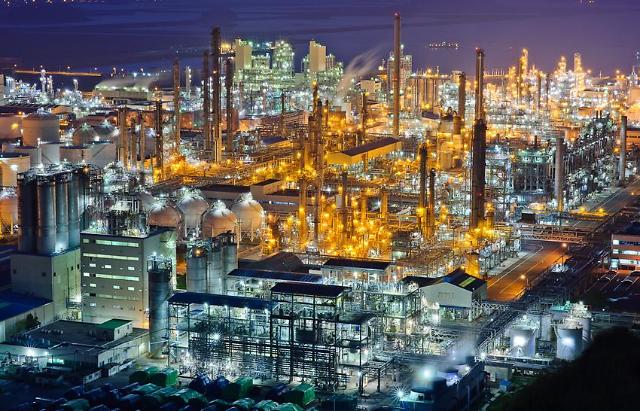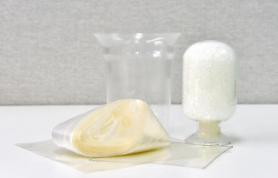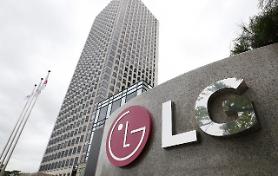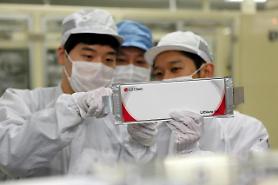
[Courtesy of LG Chem]
SEOUL -- LG Chem, a chemical unit of South Korea's LG Group, has signed a strategic partnership with Neste, a leading biodiesel producer based in Finland, to accelerate the production of eco-friendly materials. They agreed to seek opportunities to commercialize various products based on bio-materials.
Through its partnership with Neste, LG Chem said it has secured a stable delivery of biomaterials for the production of eco-friendly synthetic resins. Traditional synthetic resins widely used in construction are made from fossil sources and not biodegradable. Neste's bio-based raw materials are produced from vegetable oils such as renewable waste cooking oil and palm oil.
The partnership with Neste comes amid concerns among shareholders over LG Chem's decision to spin off its battery business as an independent entity that would be officially launched on December 1. South Korea's state pension fund, which is the second-largest shareholder of LG Chem, insisted the spin-off plan could undermine the value of shareholders.
"LG Chem’s technology, that of a leading company in Korea’s petrochemical industry, and Neste’s sustainability, that of a world's largest biodiesel company, have come together to build a partnership that will strengthen global competitiveness for both parties," LG Chem's petrochemical unit head Noh Kug-lae said in an English statement.
Based on its technology and vertically-integrated business structure, LG Chem said that Neste would diversify its business portfolio into the petrochemical sector while incorporating renewable biobased materials into high-value-added products.
"LG Chem will continue to expand its virtuous cycle business based on bio- and eco-friendly materials," Noh said. The South Korean company has vowed to increase the proportion of bio-materials.
In October, LG Chem claimed to have developed a new biodegradable material that can be used for plastic bags, air cap buffers, disposable cups and foaming products because of improved flexibility and transparency. The new material can realize mechanical properties equivalent to synthetic resins and is a single biodegradable material with 100 percent bio contents using corn-based glucose and crude glycerol.
Bioplastics can be made from agricultural by-products and also from used plastic bottles and other containers using microorganisms. LG Chem has tried to commercialize polylactic acid, a corn ingredient, and polybutylene adipate terephthalate (PBAT) which is a biodegradable random copolymer and makes it ideal for combination with other biodegradable polymers.
Copyright ⓒ Aju Press All rights reserved.



